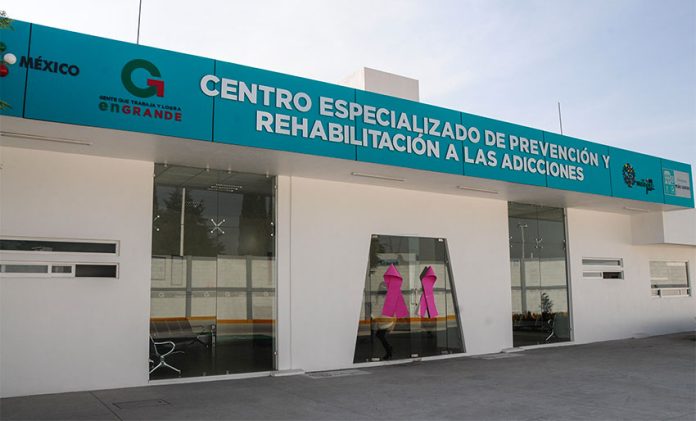“Many people are killed inside, others are hurt, mutilated, burned. I know of someone who was buried alive and then dug up as punishment for not following the rules.”
Those are the words of Arturo Ortiz Castro, a substance abuse prevention specialist at the National Institute of Psychiatry.
He’s not talking about Mexico’s toughest jails but rather private drug and alcohol rehabilitation centers that operate without certification and oversight from the National Commission Against Additions (Conadic), a dependency of the federal Secretariat of Health.
“Horrible things” happen to people in private rehab centers, some of whom are admitted against their will, Ortiz told the newspaper El Universal.
“. . . The most significant harm” to the health of people in poorly-run centers, although the least obvious, Ortiz added, comes from emotional abuse.
“There are thousands of [psychological] effects and many of them are not erased for the rest of their lives,” Ortiz said.
Among them, he explained, are depression, loss of self-confidence and the ability to trust others, and memory damage. Ortiz said that anyone looking for a rehab center needs to ask whether it is registered and certified by authorities.
“If they tell you that it is, go ahead. If they tell that it isn’t or that they’re in the process [of registering and certifying the center], forget it,” he said.
The probability that any particular drug and alcohol rehab center is operating without certification is high.
Of approximately 2,300 facilities across the country, just 500 are certified by Conadic, said commission chief Gady Zabicky Sirot.
There are three types of rehab centers in Mexico, he said: clandestine centers that operate “without any kind of control,” centers that are registered with authorities but not certified, and Conadic-certified centers.
Zabicky said that the majority, whether they are certified or not, treat their patients humanely.
However, he acknowledged that he couldn’t rule out the existence of centers that violate the human rights of patients, hold them against their will and provide inadequate or virtually non-existent medical treatment.
Zabicky called on the directors of uncertified rehab centers to approach Conadic to commence the certification process, explaining that would help authorities to weed out those that mistreat their patients.
He said Conadic has no intention to work with the health regulatory agency Cofepris to shut down all private rehab centers that are not registered and/or certified because those that do have their paperwork in order (including government-run facilities) would be unable to meet the demand for addiction treatment services on their own.
“The last thing we want to do . . . is to close these centers because they do . . . meet a very significant part of the population’s needs,” Zabicky said.
“If we said tomorrow that all the centers that aren’t registered will be closed – which in any case we believe is legally very difficult to do – we would have a serious problem with the thousands of people who are receiving treatment [in them] because they would have nowhere [to go] . . .”
Source: El Universal (sp)
